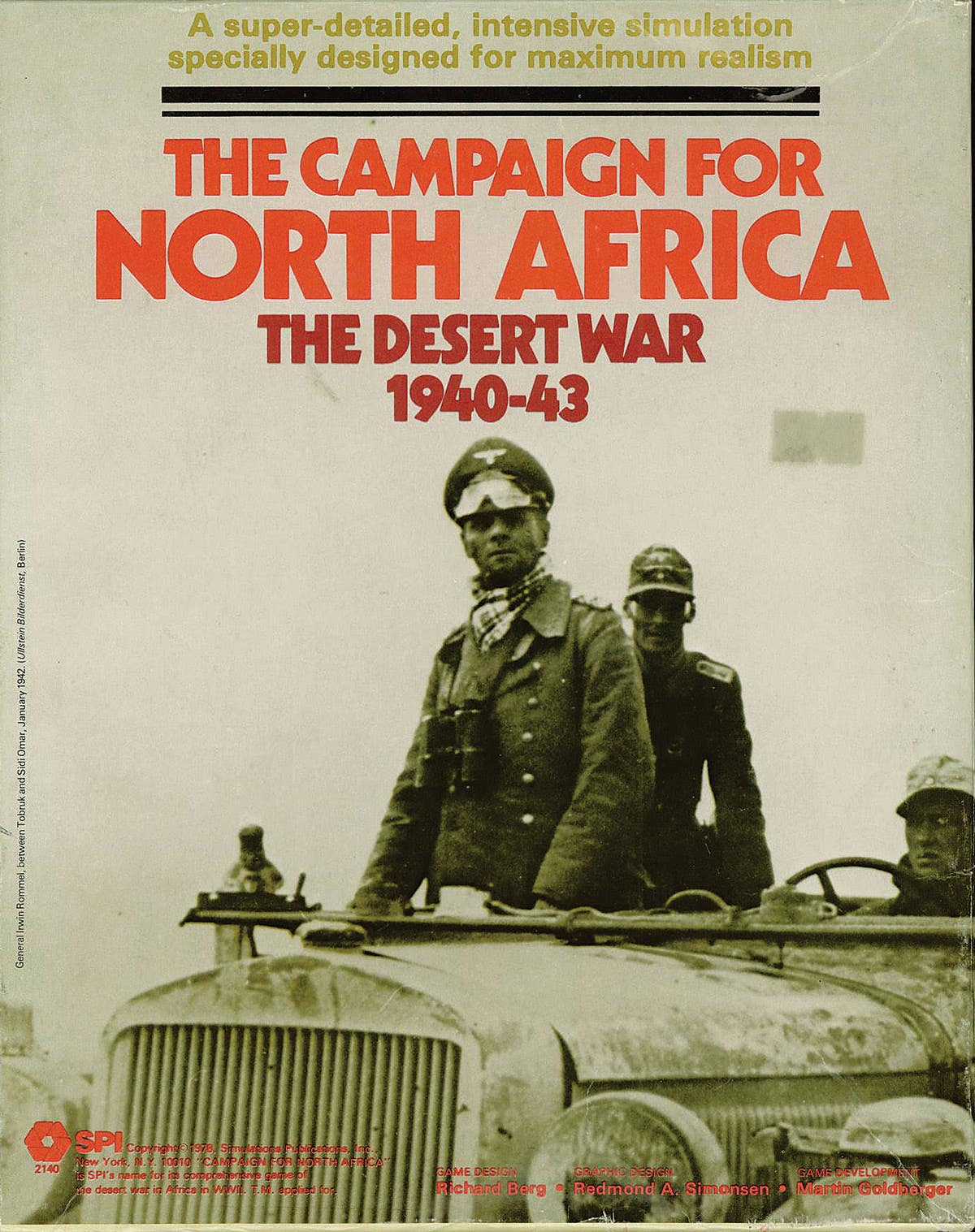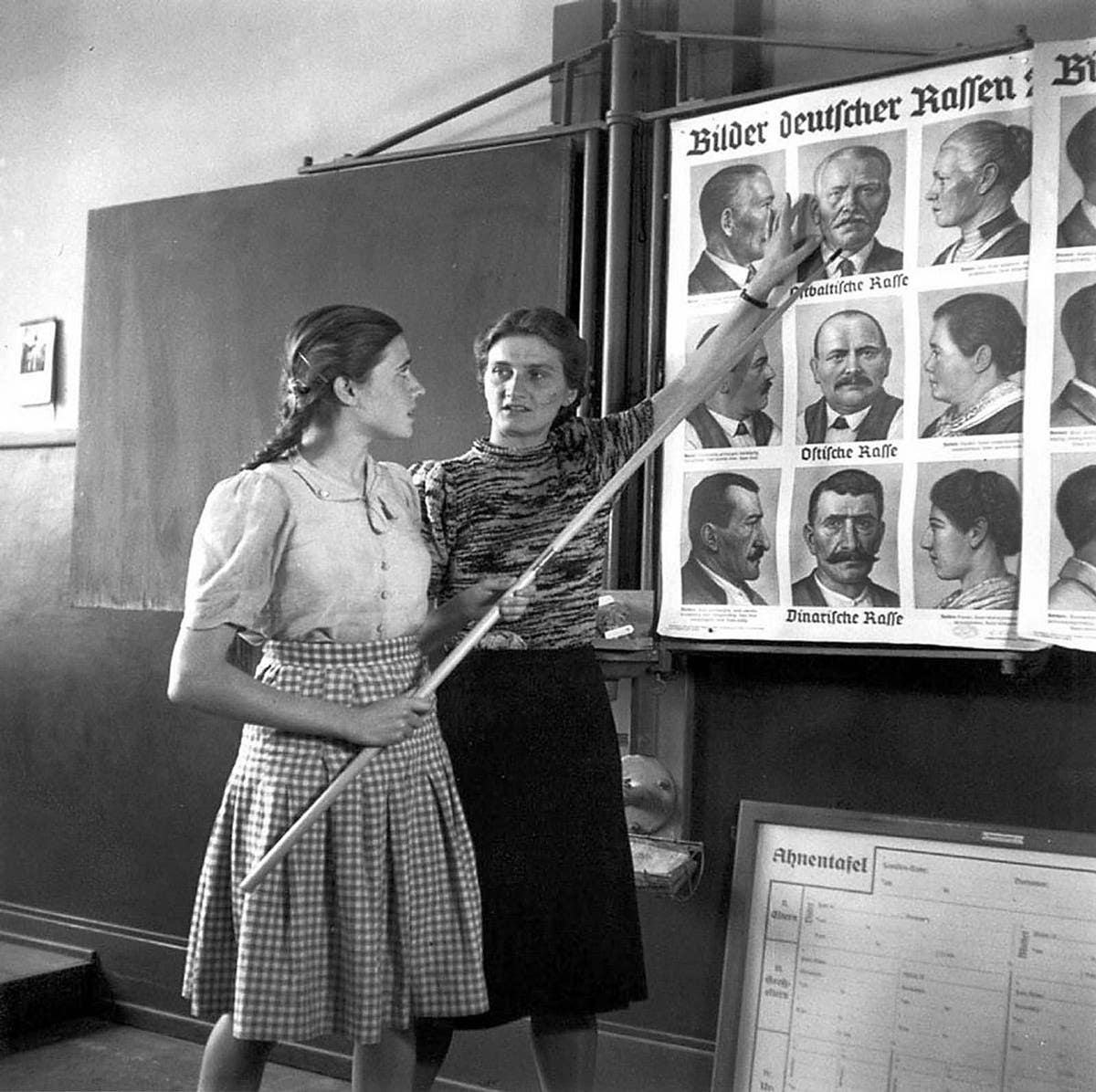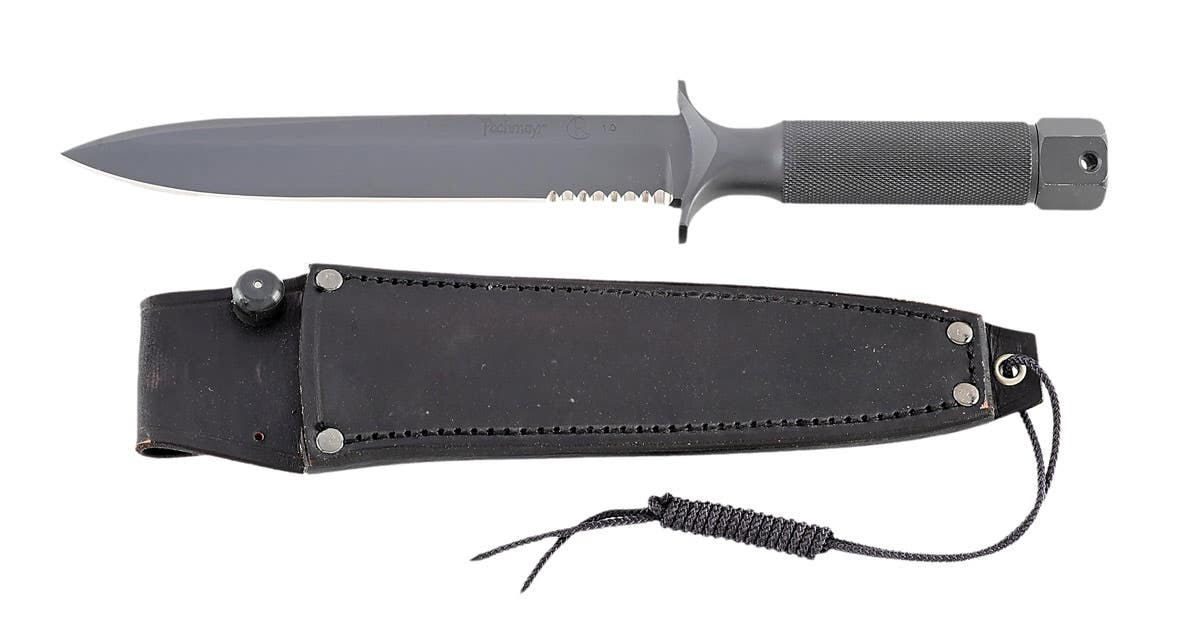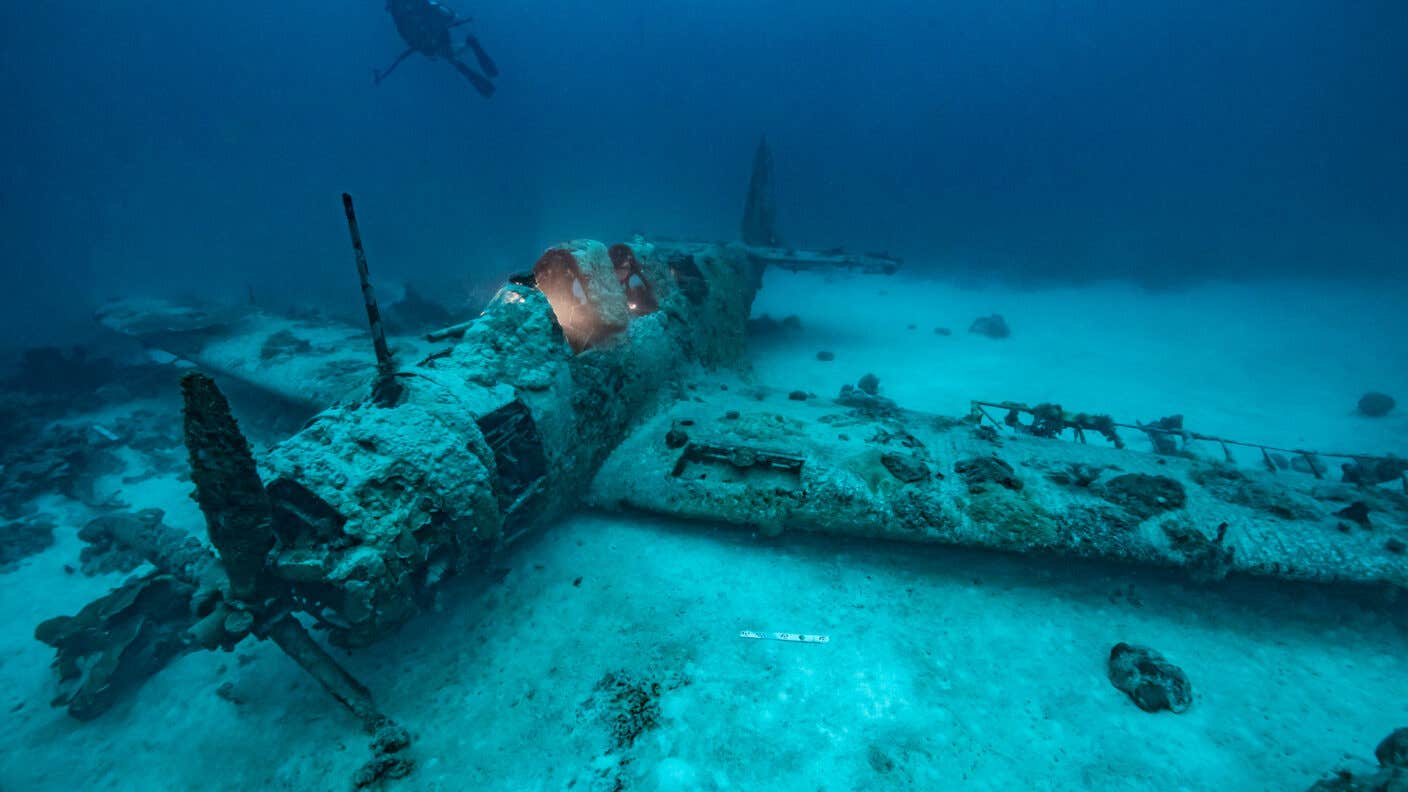The Greatest Generation needs our help
Like many of you, I am the son of a WWII veteran. In their youth, the “Greatest Generation” embarked on the greatest adventure of their lives. They drove the trucks,…
Like many of you, I am the son of a WWII veteran. In their youth, the "Greatest Generation" embarked on the greatest adventure of their lives. They drove the trucks, flew the planes, sailed the ships and fought the battles to keep the world free. Now 60 years later, they are bonded in another adventure… leaving this life.
Last week, I spent several days at the hospital with my Dad. He is going through another round of congestive heart failure. But this wasn’t the motivator for this posting… I have been preparing for the loss of my Dad since his first heart attack in 1975 when I was just 13 years old.
No, I am not writing about my Dad’s plight. He will agree he is fortunate to be in a hospital with his wife and kids by his side. Rather, I am writing about his roommate, “Jim."
I don’t know what brought Jim to the hospital. All I can say is, he was here alone. He obviously wasn’t too sure why he was there, or what the hospital could do for him.
At first, I thought Jim’s calling out for help, pulling at the curtain and repeated requests for the nurse to attend to him were just the actions of a cantankerous old man. But after witnessing him make the same request right after a nurse attended to him, I realized Jim was not comprehending what was happening to him. By that point, my Dad, Mom, myself and the nurses had become frustrated with Jim’s calls and special needs. But no one seemed to understand what those needs were.
Eventually, the nurses moved Jim from his bed to a chair where they locked a tray in place to act as a sort of disguised restraint system. They assured me Jim was going to be discharged, so he wouldn’t be disrupting my Dad’s recuperation much longer.
But that didn’t help Jim. In fact, he struggled to get the tray off the chair while stilling calling… gently… for help. He called to me, “Hey fellah… could you help me?” With those two words, “Hey fellah,” I knew he was a veteran… part of our Greatest Generation.
As I went behind the curtain to assist him, my folks chastised me, “Don’t handle him… you will get sued.” But Jim was sliding down the seat of the chair in an attempt to go under the locked tray. He did not have the strength to go under or to pull himself back upright. In fact, had he slid any further, the edge of the tray would have been pressed against his throat.
“Hey fellah,” he asked again, “Can you help me?” I tried to walk the thin line between being a “Mensch” and a litigiously aware professional. My folks cautioned me a second time, “Wait for the nurses… don’t handle him.”
Jim’s nurse’s call had been ringing for several minutes at that point. He had slid so far down in his chair, he was about to choke himself against the passive food tray restraint.
This was not the time to wait for the officials. Jim needed help. I hooked my arms under his and lifted him back to a more upright and less life-threatening position. I tried to explain again that the nurse would help him, but Jim—either through confusion or frustration—didn’t seem to understand. He returned to his efforts to free himself from the chair.
I decided Jim needed to be distracted, so I asked him, “Were you in the service?” “Huh?” he asked but stopped pushing at the restraining tray. “Yeah, I was in the service.” He seemed to relax for the first time.
At this point, I wish this story had a heroic, heart-touching conclusion. But it doesn’t. Rather, the nurse arrived and assured me they would move Jim out of the room. She thought she was addressing the greater concern—my frustration—by moving Jim. Soon, another nurse came and the two transported Jim somewhere else. My dad could rest.
But I have not been able to rest. Jim needed something, and the hospital did not recognize it. They may have been treating his medical condition, but he had mental needs that were ignored. Maybe he had dementia, maybe something worse, but someone sitting with him calmed him. A little attention—a bit of compassion free of corporate responsibility or fear of lawsuit-gave this veteran a moment of peace.
The Greatest Generation is aging—fast. They don’t need more parades, flights to Washington D.C. or the opportunity to sit in a Jeep again. They need us—the sons, daughters, nephews and nieces—to slow down, sit with them and not try to fix them or heal them. Just sit with them. Let them know they are appreciated, have dignity and value.
The doctors and nurses can treat their aches and ailments, but those of us in our 40s, 50s and 60, we kids of the Greatest Generation, can do our part by making sure they don’t die alone.
Veterans Day is not about you dressing up as a soldier, driving your Jeep or even showing all the cool relics you have gathered. Do you really want to do something great this Veterans Day? Visit a vet or his spouse in the hospital or nursing home.
Veterans Day is about our veterans. And today, the Veterans of the Greatest Generation need you.
Will you answer their call?
John Adams-Graf ("JAG" to most) is the editor of Military Trader and Military Vehicles Magazine. He has been a military collector for his entire life. The son of a WWII veteran, his writings carry many lessons from the Greatest Generation. JAG has authored several books, including multiple editions of Warman's WWII Collectibles, Civil War Collectibles, and the Standard Catalog of Civil War Firearms. He is a passionate shooter, wood-splitter, kayaker, and WWI AEF Tank Corps collector.








